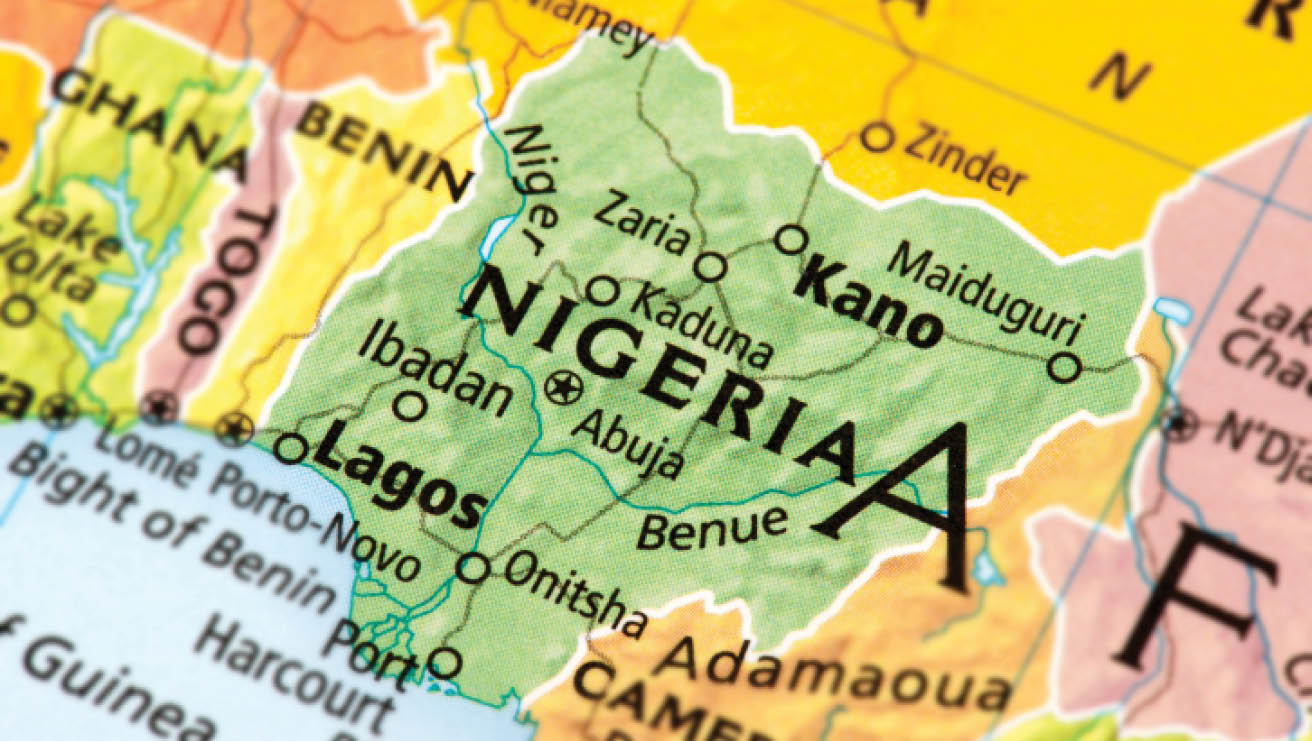As the country inches towards the 2027 elections, the attention of Nigerians has been turned to the major opposition parties: Peoples Democratic Party (PDP), Labour Party (LP) and New Nigeria Peoples Party (NNPP), for signs that they will play their expected role in checking the excesses of the ruling All Progressives Congress (APC), as well as provide better alternative platforms in the political process.
This is especially as Nigerians are presently grappling with the harsh socio-economic climate occasioned by the economic policies of the ruling APC.
But Nigerians who are mostly at odds now with the situation in the country will hardly be encouraged by developments within the opposition parties. From allegations of lack of internal democracy, anti-party activities, factional disputes, lack of accountability to accusation of corrupt practices and the like, the opposition parties, without exception, are teetering towards implosion.
Although the tendency has been to accuse outside influences of being behind the crises bedevilling the opposition, the unvarnished truth is that most of the issues threatening to rip the parties asunder are self-inflicted. Very often, the members themselves do not want to stay focused on building the parties and helping them to play the role expected of them in the political process. Many opposition party members tend to willingly gravitate towards the ruling party for one gratification or the other, not minding the damage they do to their parties.
- Mpox: Gavi set to secure 500,000 vaccine doses for Africa
- Leveraging Call Recording in Business: Strategies, Tools, and Benefits
A political party is always an evolving institution; it evolves through time facing challenges and resolves them through internal resolution mechanisms to emerge stronger. This is what makes parties enduring and able to weather the difficulties they face, making them a credible refuge for the people seeking alternatives to their existential issues.
We have seen that happen in developed political climes where opposition parties, which have long played that role consistently and credibly, being finally rewarded with the people’s votes into power. This was what happened recently in Britain when the Labour Party, which had long been in opposition, was voted massively into power. We must add that this also happened in Nigeria in 2015 when opposition parties came together in a merger to form the current APC with which they defeated the incumbent PDP in the general elections.
The parties were able to do that due to their internal cohesion and commitment to a set goal, which was to challenge and defeat the then ruling PDP, which was what majority of Nigerians clamoured for at the time.
If what is happening presently in the opposition parties is anything to go by, there may not be a repeat of what happened in 2015. The PDP, which is the largest opposition party, is currently facing a potential civil war nationally, with a myriad of issues tugging at it from all directions. Similarly, in several PDP-controlled states, there are factions and there are factional disputes that have become intractable owing to irreconcilable differences.
In the LP, which made a great showing in the 2023 general elections, there have been running allegations of corruption and anti-party activities swirling around the leaders of the party.
The NNPP may seem to present a façade of calmness under the circumstances, but it also experienced bouts of tussles among its members.
As it is, Nigerians are justified in thinking that the opposition parties are failing the nation by not playing the proper role expected of them in the democratic dispensation. This is quite unfortunate because opposition parties are intrinsically important to the functioning of a democratic system, as their absence robs the people of alternative platforms necessary to hold the ruling party to account. Indeed, this may well lead to the closing of the democratic space, which will ultimately not augur well for the nation.
Accordingly, we call on the opposition parties to wake up and live up to the expectations of Nigerians in playing their proper role in the democratic system we operate. The leading personalities in the opposition parties must rein in the tendency to allow their egos and personal ambitions stand in the way of the necessary cohesion of the parties thereby distracting and ultimately derailing them in the political process.
They owe this to the teeming Nigerians who look for options that seem to be unavailable presently.

 Join Daily Trust WhatsApp Community For Quick Access To News and Happenings Around You.
Join Daily Trust WhatsApp Community For Quick Access To News and Happenings Around You.